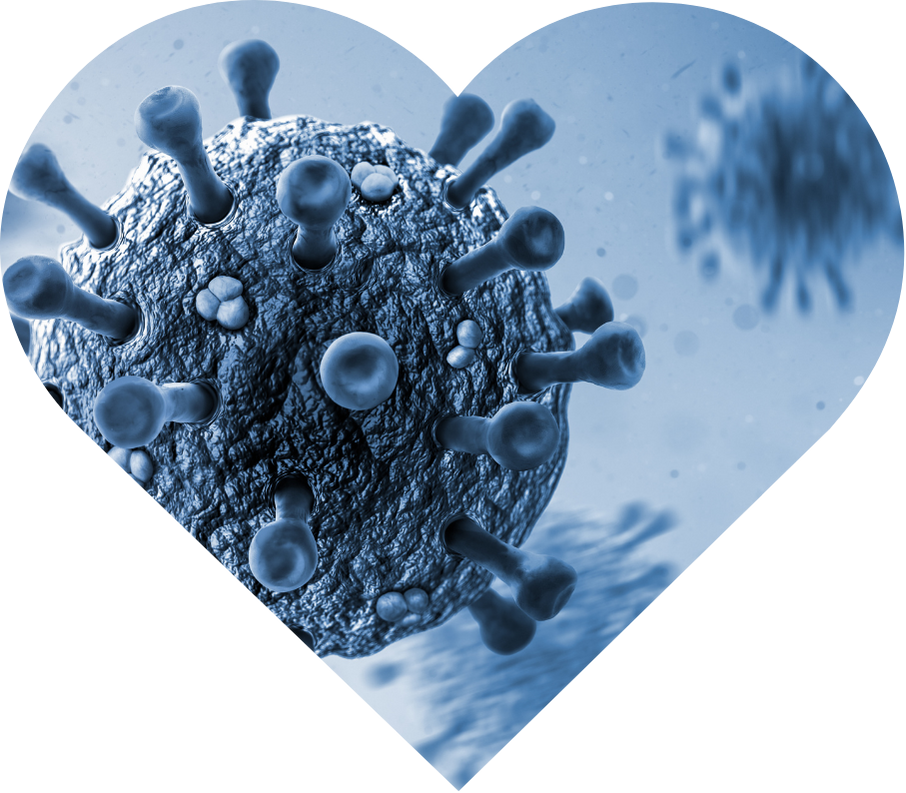"Health is the greatest wealth" – an old proverb that is often overlooked, especially in our hectic world. But what if the key to strengthening the immune system lies right in our bedroom, hidden in the secrets of our sleep habits? The importance of sleep for the immune system is increasingly recognized in modern science and deserves to be brought into the spotlight.
Sleep is a fundamental physiological function that is crucial for the smooth operation of our body. It supports the recovery and repair of our bodily systems, particularly the immune systemthe body's defense system against pathogens. Our circadian rhythminternal biological clock is a natural, approximately 24-hour cycle that regulates many biological processes. Disruptions to this rhythm can lead to a variety of health problems, including a weakened immune system and an increased risk of chronic diseases.
Regular and restful sleep can significantly enhance immune functionthe body's ability to fend off pathogens. Studies show that individuals who sleep 7-9 hours per night are less likely to contract infections and exhibit a better immune responsethe reaction of the immune system to pathogens [1]. Additionally, physical activity promotes sleep quality, which in turn strengthens the immune system [2]. This means that a good sleep cycle not only reduces daytime fatigue but also enhances the body's defenses against diseases.
A study investigating the relationships between sleep and immune cellscells involved in immune defense found that sleep irregularities lead to an increase in circulating leukocytes, a type of immune cell [3]. These results support the notion that a regular sleep pattern is beneficial for immune regulationmaintenance of immune response. The study included 42 young adults, which, although a limited sample size, provides valuable insights into the influence of sleep on immune function. Another investigation on the effect of physical activity on sleep quality in chronic insomnia showed that regular exercise improves sleep duration and efficiency while simultaneously reducing the number of certain T-cell subtypesspecific white blood cells that play a role in immunity [2]. These findings emphasize the importance of exercise as a non-pharmacological method to improve sleep quality and immune defense.
To strengthen your immune system, you should develop a consistent sleep routine. Go to bed at the same time every day and wake up at the same time to support your circadian rhythminternal biological clock [3]. Aim for 7-9 hours of sleep per night to optimize your immune function [1]. Regular physical activity, such as aerobics, can also improve sleep quality and overall well-being [2]. On the other hand, avoid excessive alcohol consumption before bedtime, as it can disrupt the sleep cycle [4]. Create a dark sleep environment to promote melatonin production, a hormone that regulates the sleep-wake cycle [5].
In summary, sleep habits play a central role in maintaining a strong immune system. By implementing consistent sleep patterns and promoting a health-enhancing sleep environment, each of us can contribute to strengthening our immune defense. Start today with these simple yet effective adjustments and experience the positive change in your well-being.
This health article was created with AI support and is intended to help people access current scientific health knowledge. It contributes to the democratization of science – however, it does not replace professional medical advice and may present individual details in a simplified or slightly inaccurate manner due to AI-generated content. HEARTPORT and its affiliates assume no liability for the accuracy, completeness, or applicability of the information provided.














